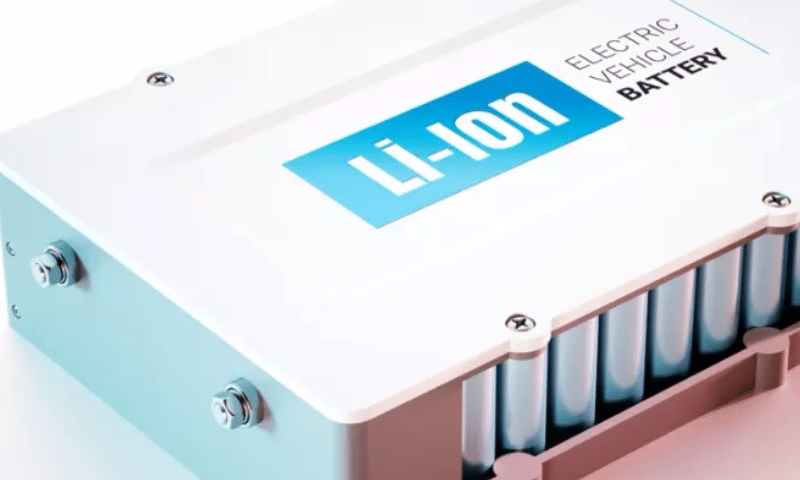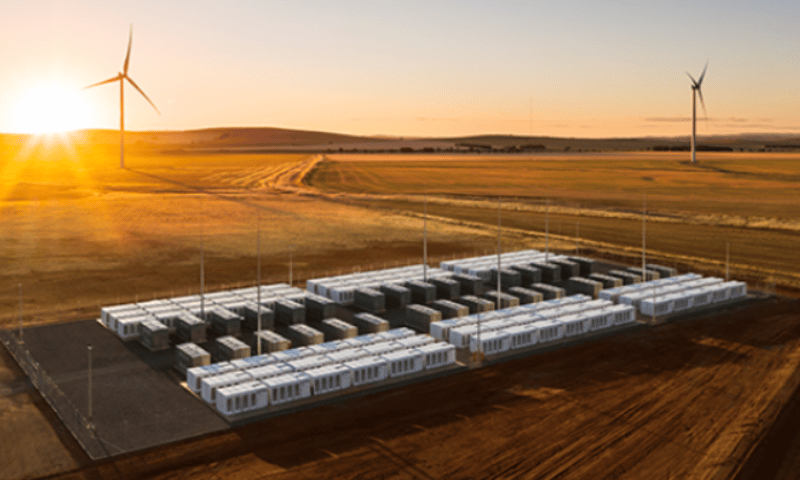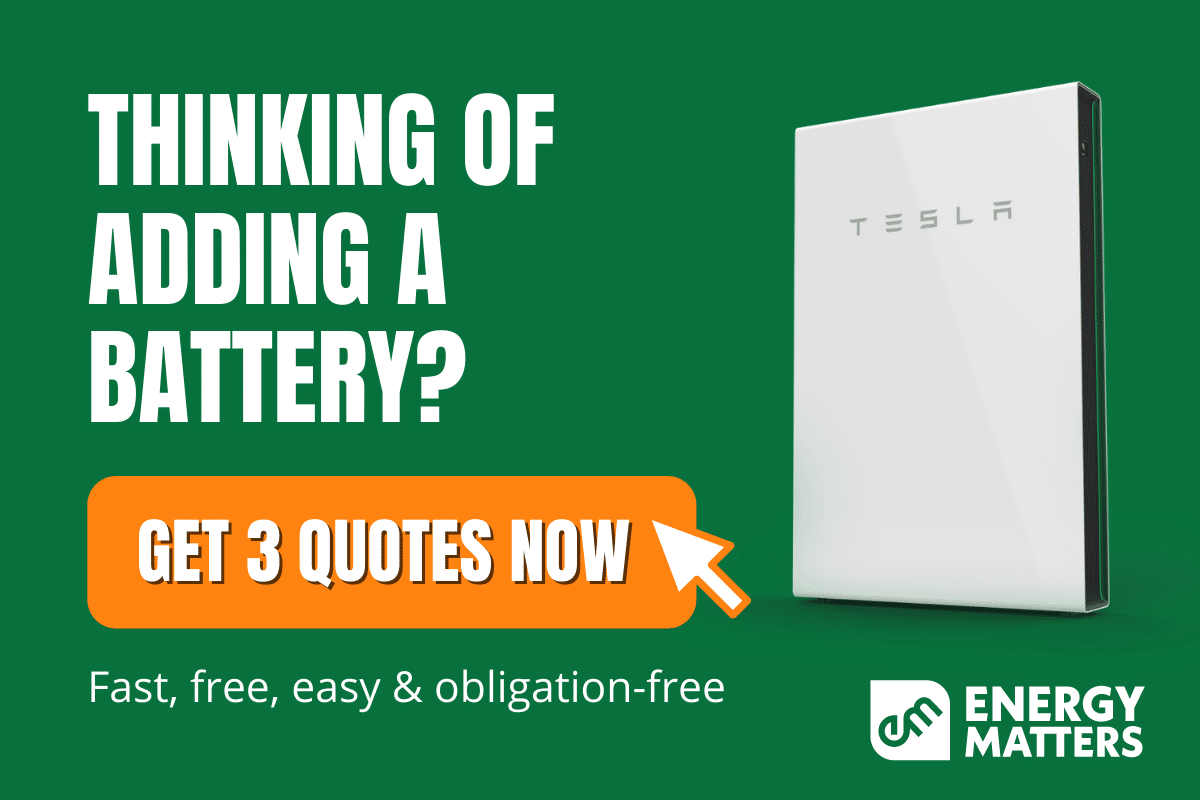In recent years, there has been a growing concern in Australia about the number of lithium battery and renewable energy start-ups that have left the country. While Australia is a world leader in lithium production, a key component in producing batteries for electronic devices and electric vehicles, many start-ups still need to secure funding and compete in the global market.
Australian start-ups are being drawn overseas by the lucrative electric vehicle sector, urging the federal government to match foreign nations investing heavily in domestic battery production.
Are you ready to convert your next car to an electric vehicle (EV)? Schedule a test drive today!
New South Wales Illawarra is home to the start-up Sicona Battery Technologies, which aspires to take a piece of the renewable energy market.
Sicona develops next-generation battery materials technology used in the anodes (negative electrodes) of lithium-ion (“Li-ion”) batteries that enable electric mobility and storage of renewable energy.
Statements from Sicona chief executive Christiaan Jordaan according to ABC News:
“The materials that we are commercialising helps [lithium] batteries become better, effectively.”
“The real big opportunity, fortunately, and unfortunately, at the moment, is in the US market.”
“In the new year, for commercial-scale manufacturing, we’ll be pushing into the US market in a big way and setting up over there.”
“The Australian government needs to incentivise local manufacturing as other governments like the US … there is a lot of protectionist trade policy being implemented.
Check out our page to learn more about US Inflation Reduction Act (IRA) 2022.
Electric Vehicle lithium-ion batteries
Electric vehicles, and various portable electronics, employ lithium-ion (Li-ion) rechargeable batteries. They have a higher energy density than regular lead-acid or nickel-cadmium rechargeable batteries. As a result, the size of the battery pack as a whole can be decreased by battery manufacturers.
The lightest of all metals is lithium. However, lithium-ion (Li-ion) batteries only have ions, not lithium metal. Ions are atoms or molecules having an electric charge brought on by the loss or gain of one or more electrons for those who are unsure what an ion is.
While driving, EV batteries go through cycles of “discharge,” and they “charge” when the car is plugged in. How often you repeat this operation affects the battery’s ability to keep a charge. As a result, the distance between charges and the time between trips is reduced.

Reasons start-ups are leaving the country
There are several reasons for this trend. One reason is the availability of funding and support for these types of ventures. Many start-ups need help to secure the necessary financing to get their businesses off the ground, and those often face competition from well-established companies with deeper pockets.
Another reason is Australia’s need for a strong domestic market for batteries. While the country is a leading lithium producer, much of this production is exported to other countries, particularly China. Domestic battery start-ups must compete with cheaper imports, making it difficult to get a foothold in the market.
Support from the Australian government
Despite these challenges, several battery start-ups are still operating in Australia, and the country has the potential to be a leader in developing new battery technologies. However, for this to happen, it will be necessary for the government to provide more support for these types of ventures, including through funding and favorable federal government policies, incentives and rebates. Additionally, the domestic market for batteries needs to be strengthened to provide a stable base for these companies to build upon.
 Image: Tesla solar storage energy
Image: Tesla solar storage energy
One way the government could help is by investing in infrastructure to support the growth of the renewable energy sector. This could include building charging stations for electric vehicles and investing in renewable energy sources like solar and wind power.
There are still many challenges facing battery start-ups in the country. With the proper support and policies, however, Australia has the potential to be a leader in the development of new battery technologies and drive the transition to a cleaner, more sustainable future.
If you’re ready to increase your energy independence, take the next step. You can get a quick obligation of up to 3 free quotes for a price on the best solar battery-ready system or solar package with storage. Contact us today, and we can connect you with our trusted local solar installers in Brisbane.















































